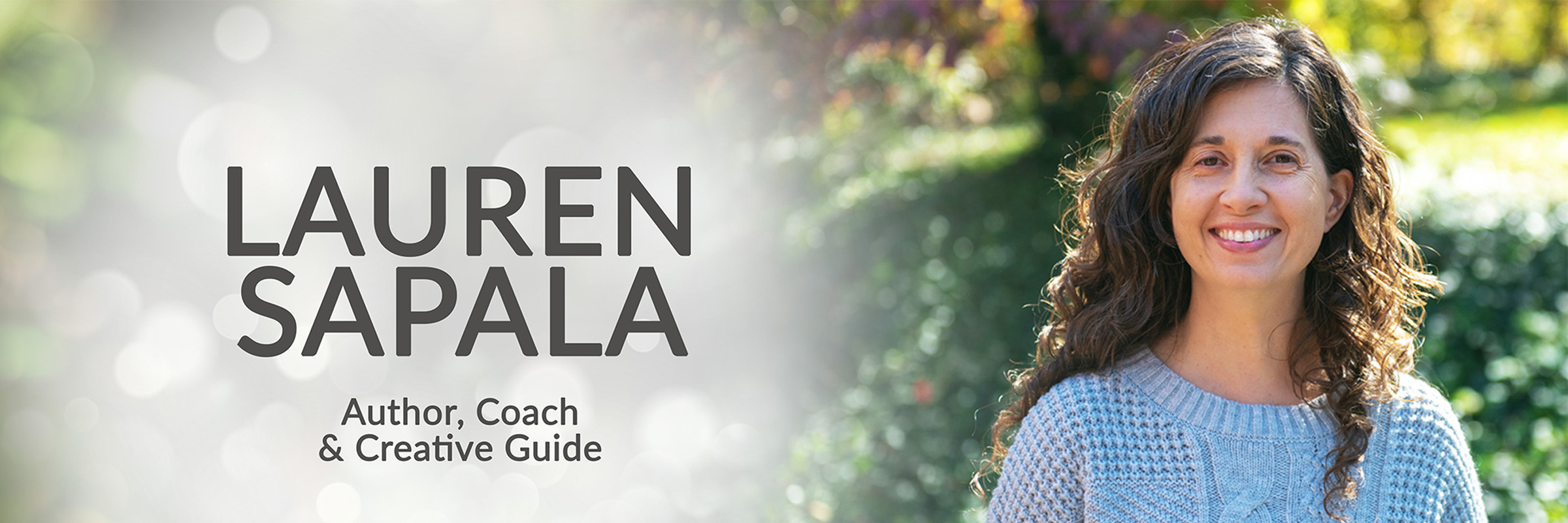
We all have good writing days and bad writing days. If you’re a writer who writes even somewhat regularly, you know that’s just the way it goes. But sometimes, it seems we imperceptibly move into a place with our writing when it’s not just a bad writing day that’s getting us down, it’s more like a persistent, low-key feeling of unease and anxiety about writing overall. When this undercurrent of unhappiness becomes the status quo in our writing life, then we feel like every writing day is a bad day.
This can easily occur when we place way too much pressure and expectation on our writing. For some writers, this happens constantly whether or not they’re sharing their writing with anyone else. However, for most writers, this most often happens when we’re making our writing public online, or we’re hoping to get accepted by a publication or an agent. Suddenly, we’re in a position of having our writing judged, and possibly found wanting, and it feels awful.
The fear of judgment is an obvious (and very real) thing for a lot of writers and so, of course, some writers get triggered when they put themselves out there on the internet or submit their work to outside parties, but there’s something else that is ALSO usually going on in tandem with the fear of judgement, and that’s attachment to outcome. Continue Reading





